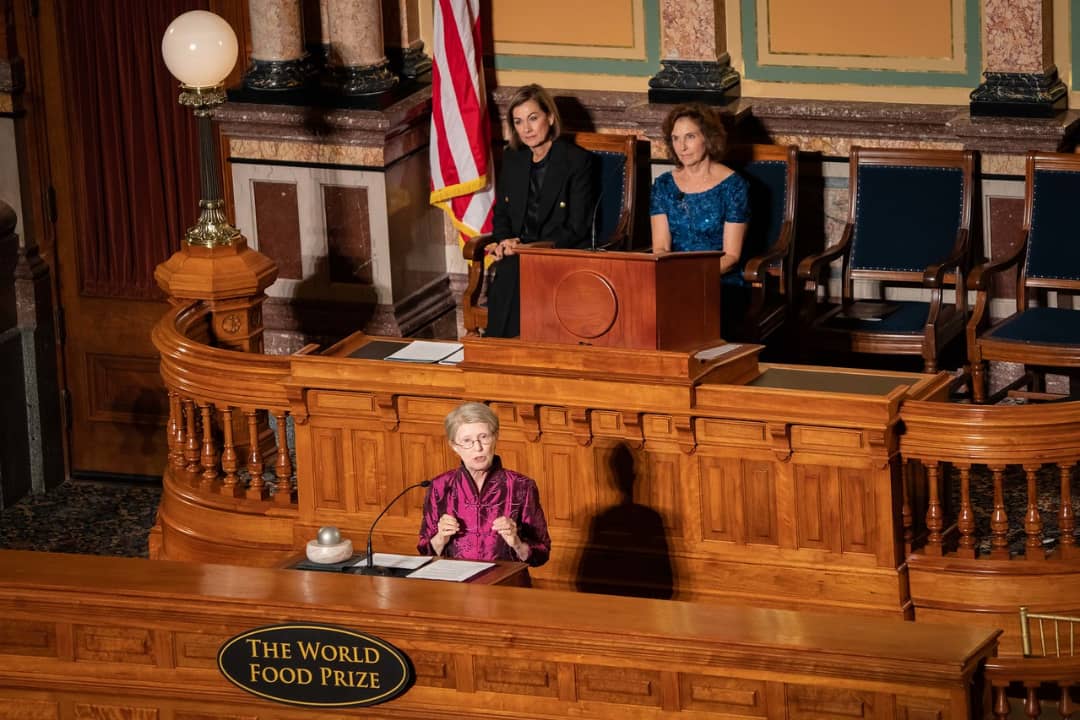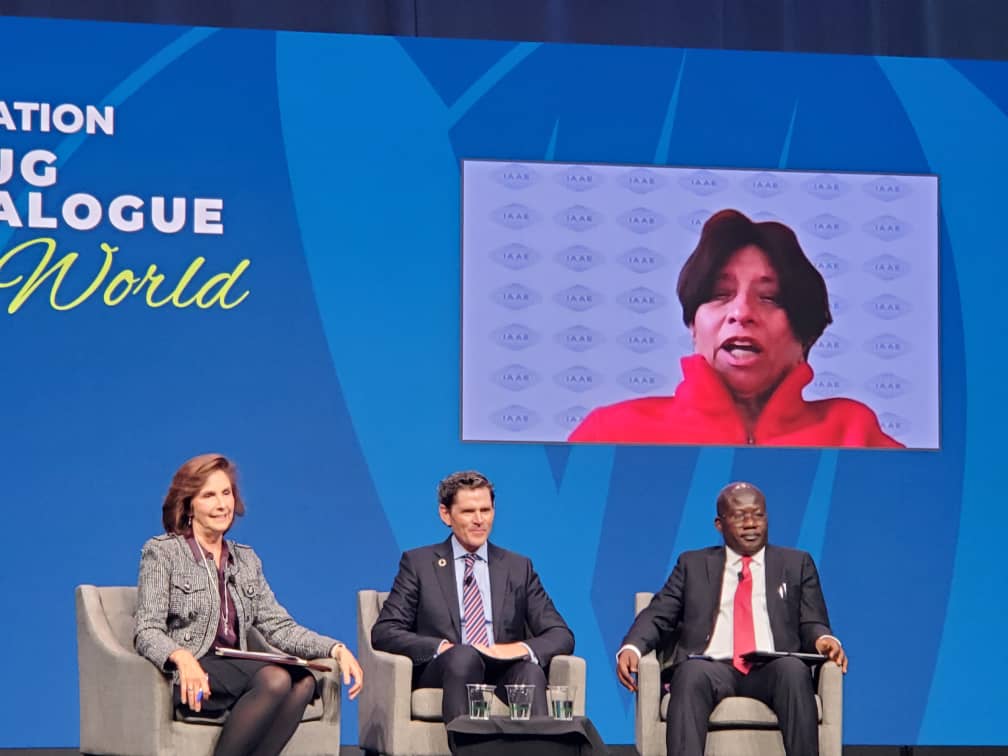
The founding director of the West Africa Center for Crop Improvement (WACCI) Prof. Eric Danquah is calling for urgent action to end the brain drain of African talents to Western countries.

He says Africa is losing brilliant students who should have remained on the continent to help fix food insecurity challenges because of lack of investments in education and research.
He is charging African governments to increase support for African universities. “Africa’s smart students exit Africa to study abroad at all the best universities in the world. But you will find that 80 to 90% of the students did not come back… Agribusiness cannot flourish when there is no innovation. And where is the innovation going to come from? They are going to come from universities.
So first fix the universities in Africa to become like Cornell and Yale,” Prof. Danquah said. “Once we have done that, I believe that everything else will be a matter of time… Until we change the paradigm and make serious investments in educational institutions to create opportunities for women and the youth, there is no way forward,” he warned.
Prof. Danquah was speaking during a dialogue on the theme “innovations in international development” at the 2022 World Food Prize event in Des Moines, Iowa, USA.
He says the West Africa Center for Crop Improvement (WACCI) at the University of Ghana has shown that it is possible for students to gain quality education in Africa and make a great impact on the continent. “The way forward has to do with how we can harness the human capacity globally to ensure that instruction is harmonised.
So that when you walk out of graduate school in Ghana or Uganda or Tanzania or Nigeria, you can speak like someone who is walking out of Purdue or Cornell or Iowa State or Michigan State Universities.
I believe we can do it. We have shown at WACCI that we can do that,” he said. Prof. Danquah disclosed over the last 15 years, WACCI has graduated 105 students with Ph.D. in plant breeding. These students are working in 15 countries across Africa.
They have released over 200 varieties of staple crops in those countries including sweet potato and rice, which are productive, resilient, and nutritious varieties. The students have attracted over US$57 million to research institutions they work with in their various countries.
He says innovation in agriculture is the sure way to accelerate development on the continent. “If we don’t innovate in Africa for production and consumption, we will be hungry forever… It’s about research and development, and the delivery mechanisms that allow us to get to farmers in real-time,” Prof. Danquah said. “The universities are where you find a quicker mass of scientists.
They are the people who will be at the forefront of the fight in collaboration with CGIAR, the private sector, and all partners who will chart a new pathway to ensure that in the next 5, 6, or 7 years, we can get food on every table and in every home in Africa,” he concluded.
The session was moderated by the president of the World Food Prize Foundation, Barbara Stinson. President of the Bill and Melinda Gates Foundation’s Global Growth and Opportunity Division, Rodger Voorhies, agreed that investment in research was crucial to making Africa more food secure. “We definitely agree with the importance of investing in researchers and investing in the national agricultural research systems.
And, making sure that cutting-edge research and development gets applied not only in commercial crops but also in crops that matter to smallholder and low-income farmers across the globe,” he said.
Uma Lele who is president of the International Association of Agricultural Economists was the other panel member. She was the first woman to be awarded a Ph.D. in agricultural economics by Cornell University.
About the World Food Prize The World Food Prize is an international award recognizing the achievements of individuals who have advanced human development by improving the quality and availability of food in the world.
Conceived by Nobel Peace Prize laureate Norman Borlaug in 1986, the annual prize has been described as the highest global honour in the field of food and agriculture. Laureates are honored and officially awarded their prize at the Iowa State Capitol in Des Moines, Iowa, USA.
The prize includes a monetary award of US$ 250,000. Ghana’s former president John Agyekum Kufuor was awarded the prize for his personal commitment to alleviating hunger and poverty in 2011, alongside former Brazilian president Luiz Nácio Lula Da Silva.
The 2022 award was given to Dr. Cynthia Rosenzweig of the United States National Aeronautics and Space Administration (NASA) for her seminal contributions to understanding and predicting the impacts of the interaction between climate and food systems.
“I am honored to receive the World Food Prize this year, as food systems are emerging at the forefront of climate change action,” Dr. Rosenzweig said.
By designing and leading rigorous observational and modeling research efforts, she has influenced climate change adaptation and mitigation strategies in over 90 countries.



